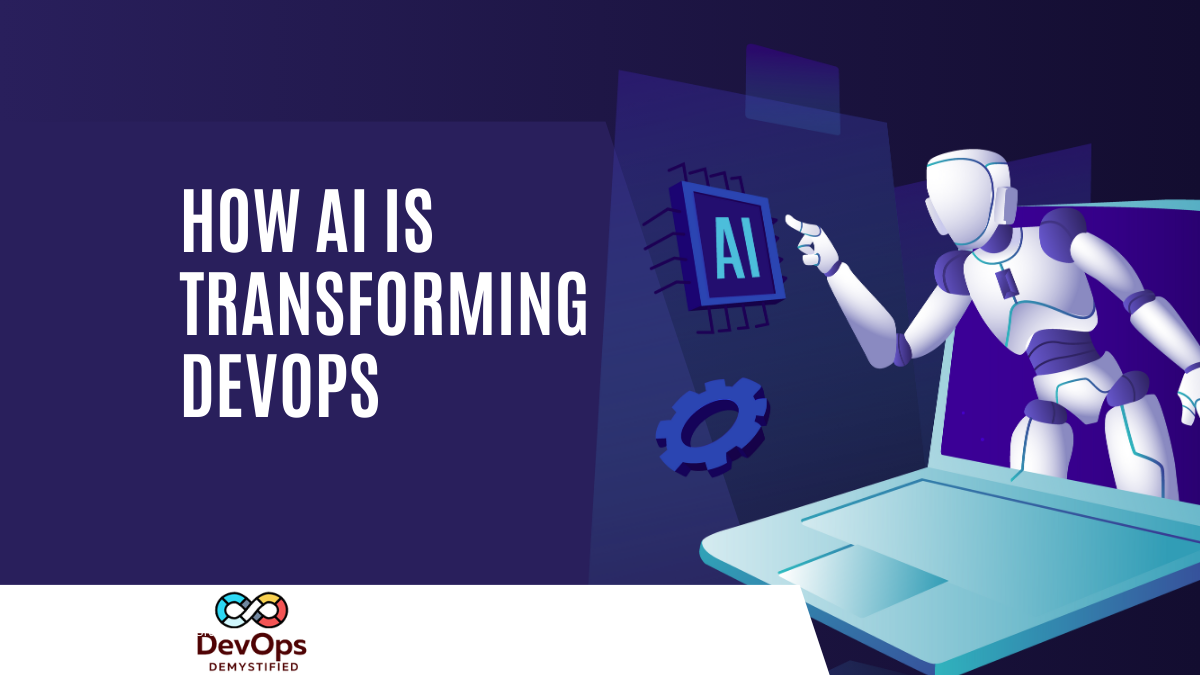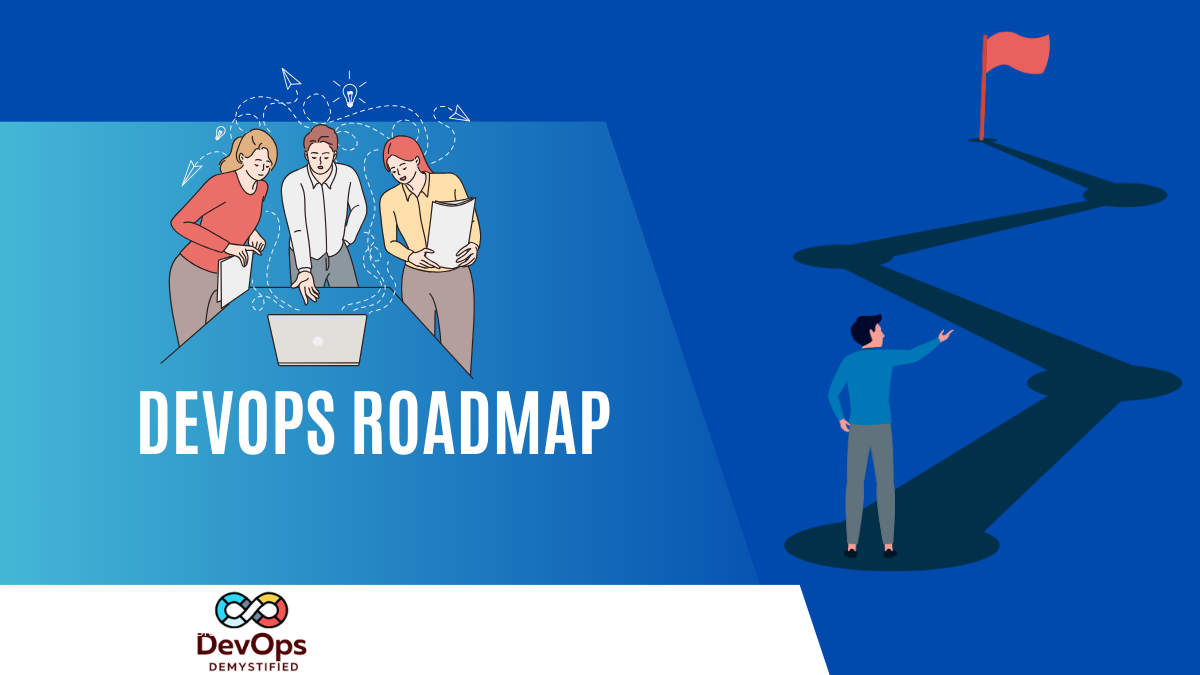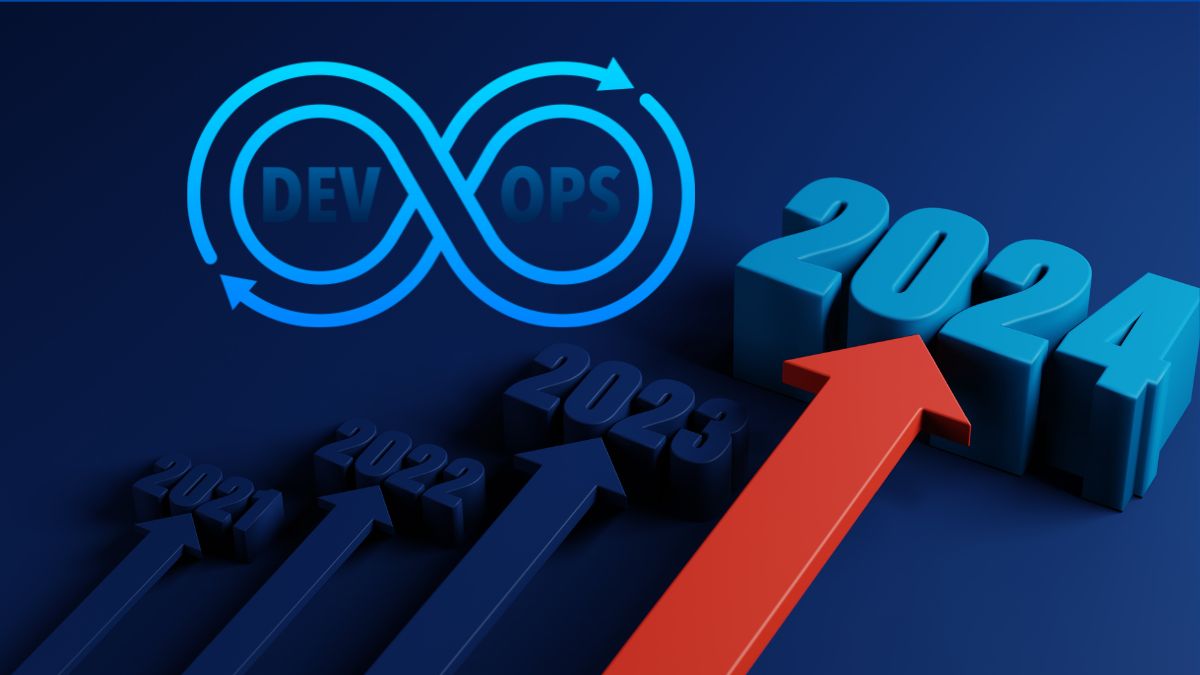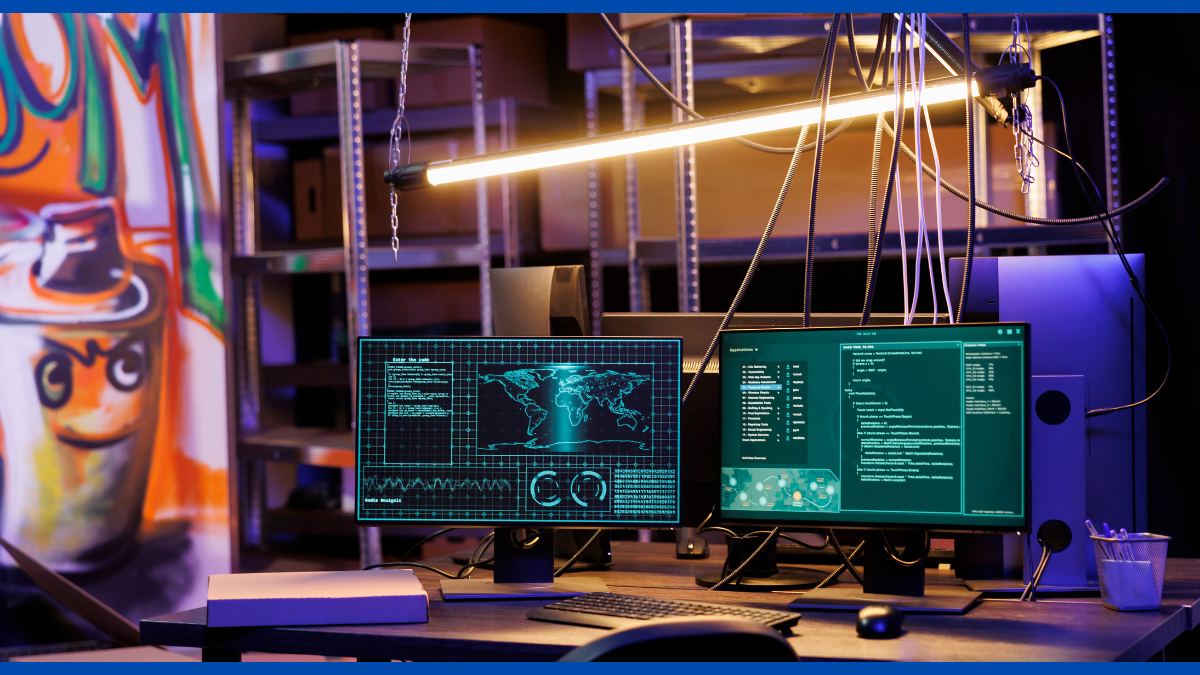The intersection of artificial intelligence (AI) and DevOps is set to revolutionize the software development lifecycle. As organizations increasingly adopt AI technologies, they unlock new opportunities to enhance collaboration, streamline processes, and improve the quality of software. In this article, we explore how AI is changing DevOps and what it means for the future of software development.
1. Enhancing Collaboration and Communication
Breaking Down Silos
Traditionally, DevOps aimed to foster collaboration between development and operations teams, but silos can still exist. AI-driven tools help bridge these gaps by providing real-time insights and analytics that enhance communication across teams. Chatbots and virtual assistants powered by AI can facilitate instant information sharing, enabling teams to collaborate more effectively.
Improved Feedback Loops
AI can analyze communication patterns and project statuses, providing valuable feedback to teams. This continuous feedback loop helps teams adapt quickly, addressing issues before they escalate and ensuring a smoother development process.
2. Automating Routine Tasks
Continuous Integration and Continuous Deployment (CI/CD)
AI plays a crucial role in automating CI/CD processes. Machine learning algorithms can analyze code changes, identify potential errors, and automate testing. This not only speeds up the deployment process but also reduces the likelihood of human error.
Intelligent Testing
AI-driven testing tools can intelligently select test cases based on historical data, ensuring that the most critical functionalities are tested first. Additionally, AI can simulate user behavior, enabling more comprehensive testing scenarios and improving software quality.
3. Predictive Analytics for Better Decision-Making
Proactive Issue Detection
AI algorithms can analyze vast amounts of data to identify patterns and anomalies that may indicate potential issues. This predictive capability allows teams to address problems proactively, reducing downtime and improving system reliability.
Resource Optimization
AI can optimize resource allocation by analyzing usage patterns and predicting future demands. This ensures that teams utilize resources efficiently, reducing costs and improving performance.
4. Enhancing Security
Automated Security Testing
Integrating AI into DevOps enables continuous security assessments throughout the development lifecycle. AI-driven tools can automatically scan code for vulnerabilities, ensuring that security is an integral part of the development process rather than an afterthought.
Threat Detection and Response
AI can analyze network traffic and system behaviors in real-time, identifying potential security threats faster than traditional methods. By automating incident response, organizations can mitigate risks more effectively, protecting sensitive data and infrastructure.
5. Supporting Infrastructure Management
Intelligent Monitoring
AI enhances monitoring tools by providing insights into system performance and user behavior. Machine learning algorithms can detect unusual patterns, alerting teams to potential issues before they affect end-users.
Infrastructure as Code (IaC)
AI can assist in managing infrastructure through automation and intelligent provisioning. By analyzing historical data, AI can predict resource needs, enabling teams to scale infrastructure efficiently and reduce costs.
6. Fostering Continuous Learning and Improvement
Data-Driven Insights
AI tools can analyze performance metrics, user feedback, and operational data, providing actionable insights for continuous improvement. This data-driven approach helps teams refine processes, enhance product quality, and deliver better user experiences.
Skill Development
As AI continues to evolve, it will also influence the skills required in the DevOps field. Organizations will need to invest in training their teams to understand and leverage AI technologies effectively, fostering a culture of continuous learning.
Conclusion
AI is poised to transform DevOps by enhancing collaboration, automating routine tasks, and improving decision-making. As organizations embrace AI technologies, they will unlock new efficiencies and capabilities in their software development processes. By integrating AI into DevOps, teams can not only accelerate delivery times but also improve the quality and security of their applications.
The future of DevOps is bright, and organizations that adapt to these changes will position themselves as leaders in the ever-evolving tech landscape. Embracing AI is no longer a choice but a necessity for those looking to thrive in the digital age.




